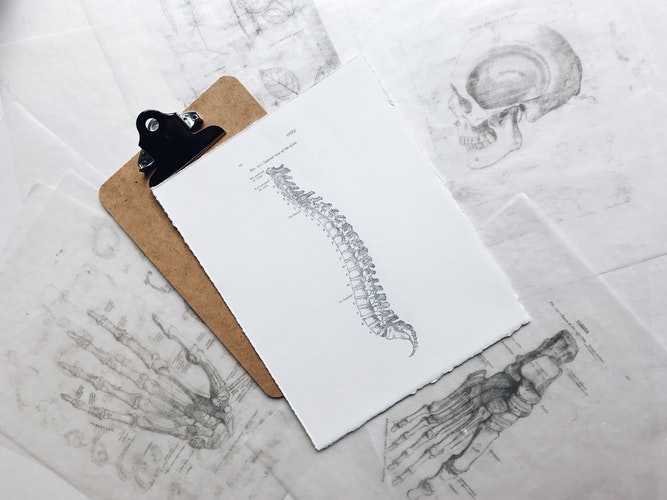Why Your Bone Health Matters

Did you know that next to blood, bone is the most transplanted tissue in South Africa?
Worldwide, one in every three women and one in every five men over 50 years old will fracture a bone due to osteoporosis, a progressive disease that causes bones to become weak and brittle. It occurs in one of two ways – either bones lose their density or the body doesn’t make enough bone. Either way, this forms large holes and spaces within bones and makes them easily breakable.
Osteoporosis is not on the Council of Medical Schemes' Chronic Disease List, which means that medical aids won’t cover it from a separate chronic benefit. It can be costly to treat, so rather start caring for your bones as early as possible.
Osteoporosis Misconceptions
You probably think of your gogo when someone mentions osteoporosis. People often associate the disease with elderly women, but actually, people as young as 25 can be affected.
Because it is a disease, many people think it’s not preventable, but there are a number of ways you can prevent osteoporosis or manage it from the onset.

Preventing Osteoporosis
Nutrition is key to having healthy bones. Calcium and vitamin D are vital for bone health, so it’s important to eat foods rich in these nutrients, like low-fat milk and yoghurt, cheese, egg yolks, spinach, and white beans. Avoid alcohol and smoking as these contribute to bone loss.
Exercise helps to strengthen bones and the muscles around them. Even if you already have osteoporosis, engaging in a suitable exercise regime could reduce your chances of a bone fracture.
Treating Osteoporosis
Osteoporosis cannot be cured, but the good news is that it can be managed. The first step is to start following a healthy diet and exercise regime.
There are also medications that can help to maintain good bone density, but the different types aren’t suitable for everyone. Some are safe for use only in women, some only for post-menopausal women, and some are for more advanced bone loss.
As with all diseases, it’s important for sufferers and their families to be proactive about their health. If you think you may have osteoporosis, visit your doctor. Also, review your medical aid plan to see what your provider will and will not cover so you’re not left with expensive doctors’ bills. You may want to compare medical aids to see if your current plan sizes up or perhaps find one that is more suited to your needs and budget.
Prices quoted are correct at the time of publishing this article. The information in this article is provided for informational purposes only and should not be construed as financial, legal, or medical advice.
Sources: BoneSA; Western Cape; Osteoporosis;
Hippo Blog Categories

































